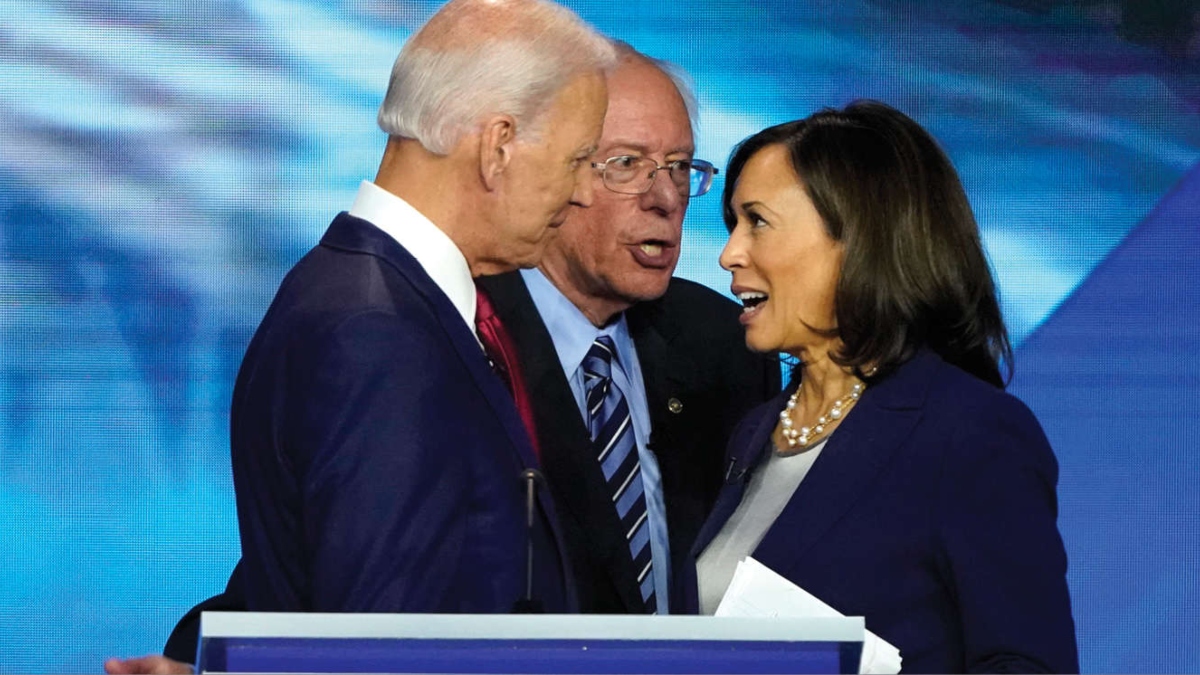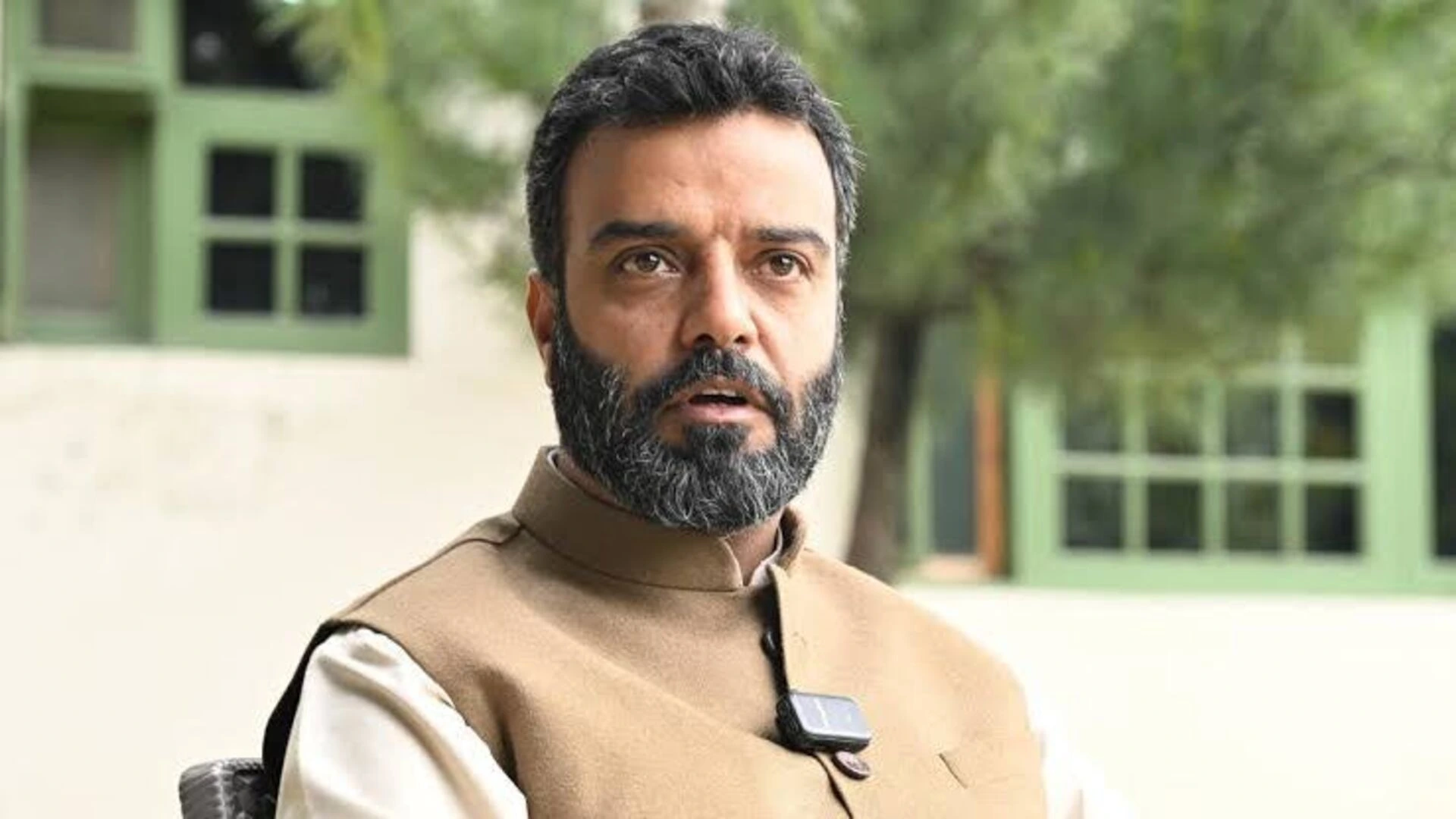Joe Biden is set to become the 46th United States President at the White House. His running mate Kamala Harris would become the first-ever woman, andone of colour, to become the Vice President of the United States. Donald Trump may have not conceded yet but the countries around the world are gearing up to understand what their terms of engagement would be when Joe Biden officially enters the Oval Office. New Delhi, in particular, would be looking to solidify its ties with the next US government as rising border tensions with China and the ever-present ‘Pakistan’ dilemma will twin up as major security threats in coming years.
Currently, India is seen as the US’s major strategic partner in the Indian Ocean Region (IOR). China’s expansionist policies in the IOR and the US’ commitment towards upholding a ‘rules-based international order’ is bound to strengthen the Indo-US ties in the years to follow.
The other positives for India would include the possible relaxation of restrictions on the H1B and other job-based visa programmes. Also, with the coming of Biden, the US government is set to re-enter the Paris Climate Agreement. This would prove to be a boost for India’s measures to reduce the dependency on fossil fuels by enabling collaboration in environmental sustainability and technology transfer. More importantly, China will no longer need to fill up the vacuum left by the US (led by Trump) when they pulled out of the Paris deal. Although China is currently one of the biggest investors in sustainable technologies, their own production and consumption (further pushed by their population size) brings forth a requirement from other countries to build climate friendly policies. A country like the US can actually transition more easily because it has the capacity to handle that shift and the burden on partnering countries would be less.
Other highlights of Biden’s policy paper which was released during the campaign was that the United States would continue to co-operate with India on Terrorism, health and trade amongst other sectors. More importantly, the Biden administration is said to place importance on strengthening the Indo-US ties by pushing for India’s permanent membership bid at the UN Security Council (UNSC).
It is highly unlikely that all of the support would come for free. The Republican government of Donald Trump has time and again expressed its displeasure on China and Pakistan more openly than any previous governments. The Sino-Pak ties have in fact grown stronger during the Trump administration which has made the Trump government view India as a partner rather than a threat arising in the Asian order . With the entry of Joe Biden, this is bound to change. The Democrat government is more likely to leverage Pakistan vis-a-vis Taliban (in the Afghan Peace deal) by increasing cooperation and financial aid to pull them away from China. This would push India to try and gain a place at the ‘Peace Deal’ table as Afghanistan’s friend. However, the amount of geopolitical polarisation caused by the Trump administration will make it tough for Biden to immediately strike up a friendship with Pakistan and oust China.
India is a sovereign country and everybody is aware of the Modi-Trump bonhomie. In fact, Prime Minister Modi extended his hand for Trump during Trump’s re-election campaign. Trump was more vocal against China when border tensions grew and did not interfere much on India’s internal decisions. Biden’s campaign, on the other hand, included the fact that he would look into the Kashmir issue, the CAA, and the NRC. The Indian government may not like the US’ interference in sovereign decisions and it is likely that not seeing eye to eye in this regard is likely to dent Indo-US relations.
At this point, Biden’s stance on China and how it sees India is vague and the same goes for India. The positives and challenges for India are analysed based on Biden’s campaign points and the existing geopolitical scenario . No campaign rhetoric ever stays rigid as it is bound to change while in power. The growing geoeconomic convergence too will expand the spheres of cooperation between India and the US in areas such as cyber security, Artificial Intelligence, Defence, etc. As the US leapfrogs into stability, the Indo-US relationship is set to evolve into a much more stable one as well.







